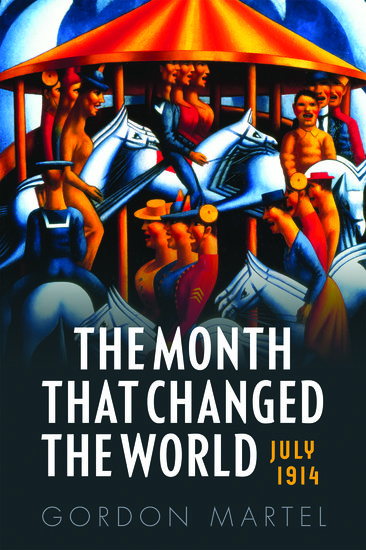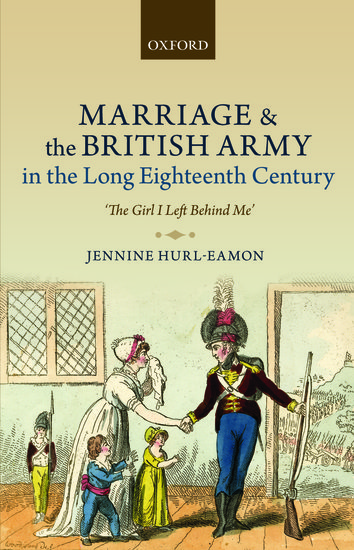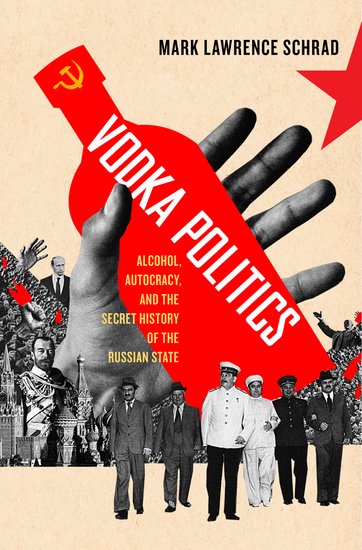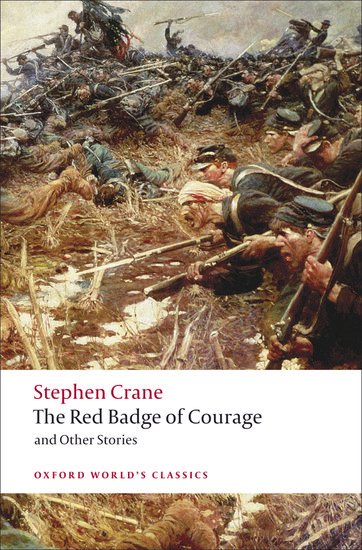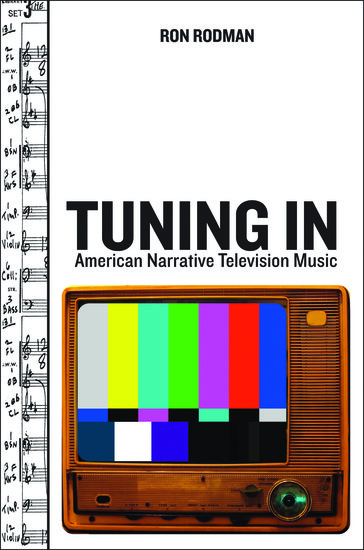Gentlemen, Samurai, and Germans in China
One hundred years ago today, far from the erupting battlefields of Europe, a small German force in the city of Tsingtau (Qingdao), Germany’s most important possession in China, was preparing for an impending siege. The small fishing village of Qingdao and the surrounding area had been reluctantly leased to the German Empire by the Chinese government for 99 years in 1898, and German colonists soon set about transforming this minor outpost into a vibrant city boasting many of the comforts of home, including the forerunner of the now-famous Tsingtao Brewery.


